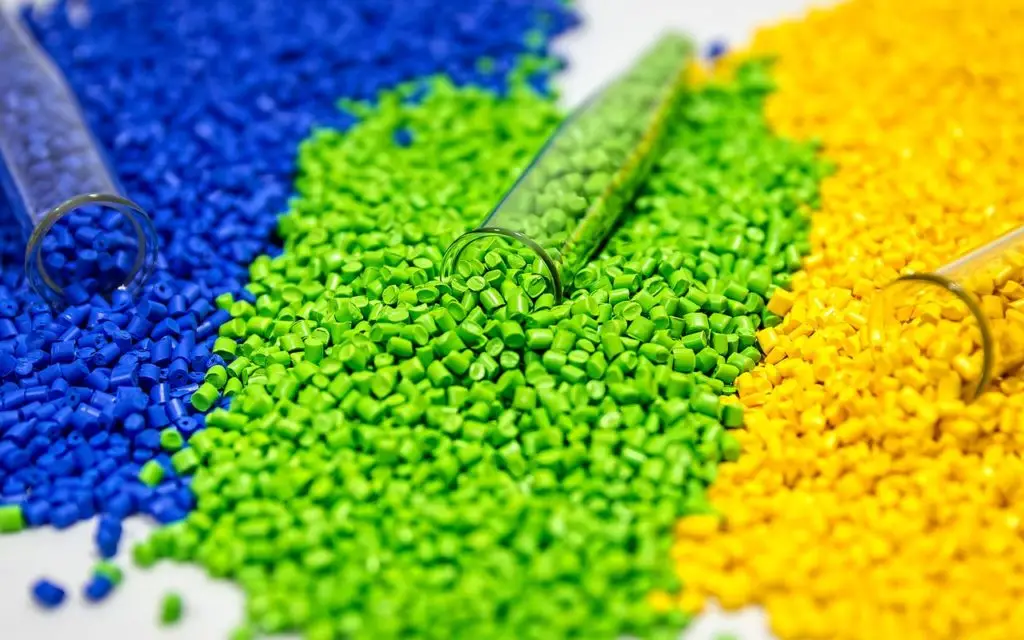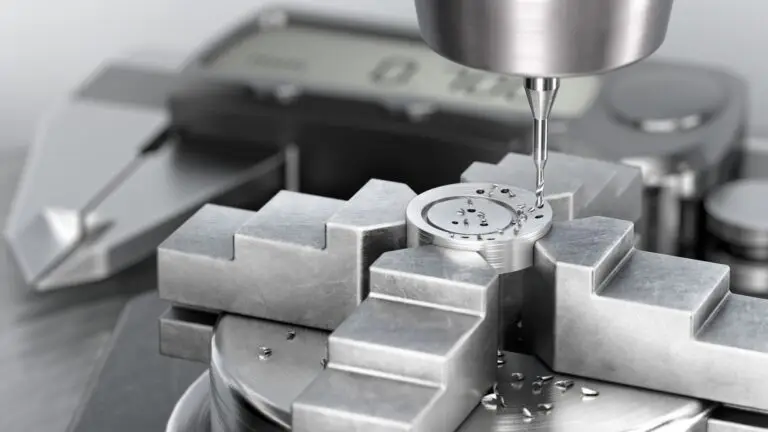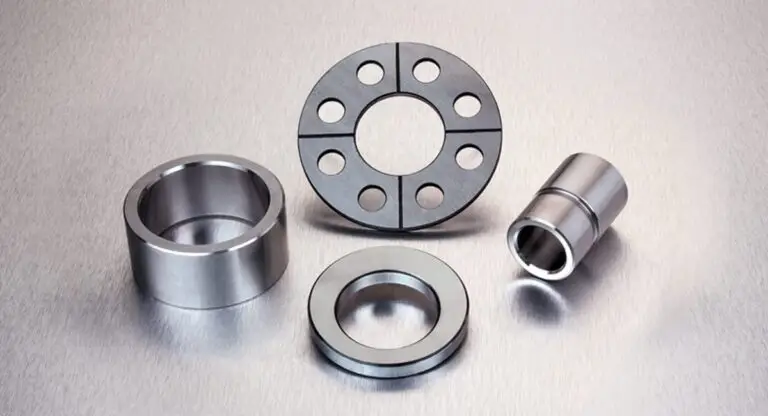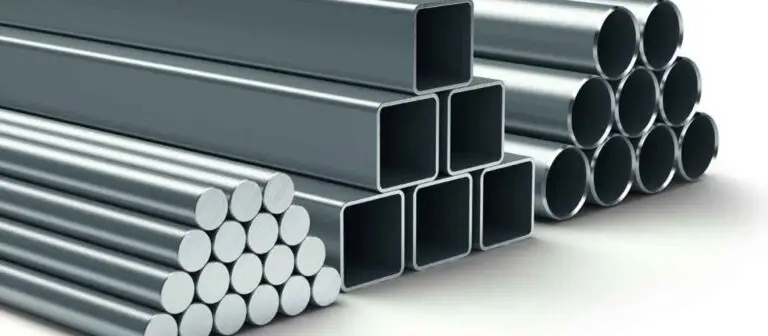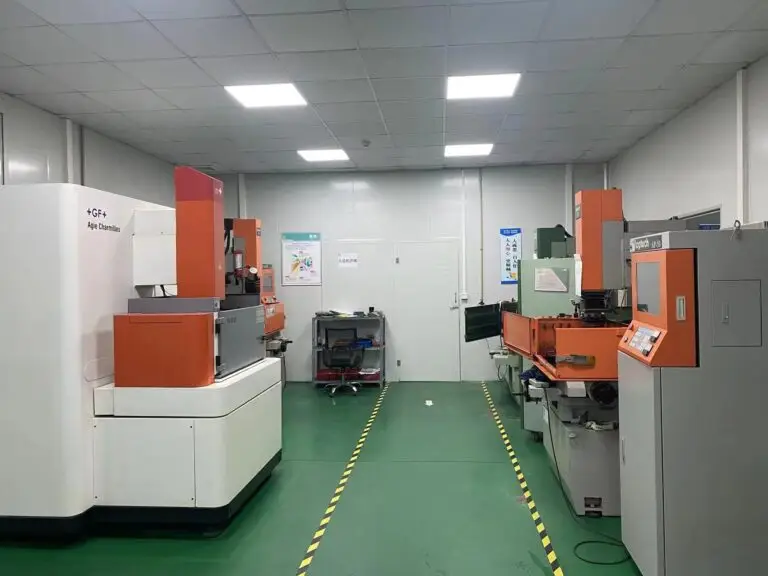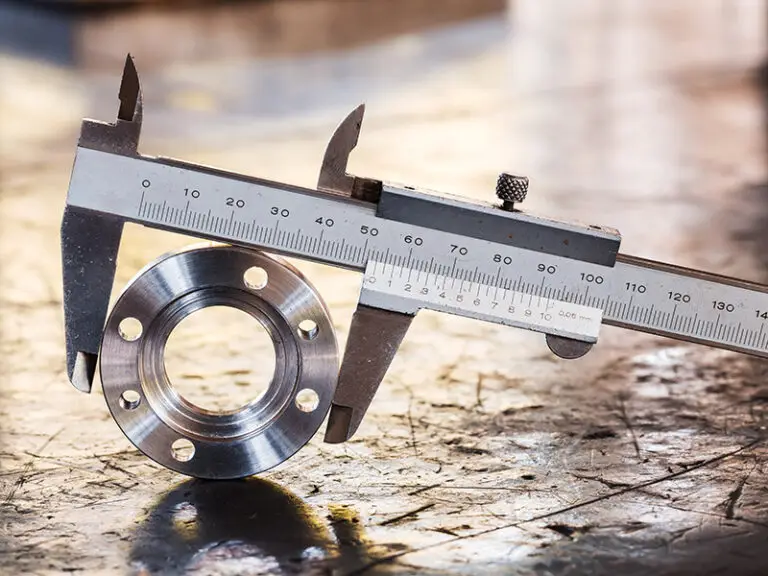Selecting the right material for plastic injection molding is crucial for ensuring the durability, flexibility, and overall performance of the final product. This guide explores the top materials used in plastic injection molding and their specific benefits, helping you make informed decisions for your manufacturing needs.
1. Polypropylene (PP)
Properties:
- Lightweight: Ideal for applications where weight is a concern.
- Chemical-Resistant: Can withstand exposure to various chemicals without degrading.
- Flexible: Offers good flexibility, making it suitable for various applications.
Applications:
- Packaging: Widely used for containers, bottles, and other packaging materials due to its lightweight and chemical-resistant properties.
- Automotive Components: Commonly used in car interiors, bumpers, and other parts where flexibility and chemical resistance are essential.
- Consumer Goods: Found in products like household items, toys, and appliances.
Polypropylene (PP) stands out due to its versatility and cost-effectiveness. It’s a go-to choice for manufacturers aiming for lightweight, durable, and flexible products. In packaging, PP ensures that containers are not only light but also resistant to chemicals, making it perfect for storing various substances. In the automotive industry, PP’s flexibility and resistance to chemicals contribute to the longevity and safety of car interiors and bumpers. For consumer goods, the material’s adaptability allows it to be molded into various shapes and forms, meeting diverse consumer needs.
2. Acrylonitrile Butadiene Styrene (ABS)
Properties:
- Tough: High impact resistance makes it durable under stress.
- Impact-Resistant: Can absorb shocks and impacts without cracking.
- Easy to Machine: Can be easily molded and machined into precise shapes.
Applications:
- Electronics Housings: Ideal for protective casings for electronics due to its toughness and impact resistance.
- Automotive Parts: Used in dashboards, handles, and other interior parts.
- Toys: Frequently used in manufacturing robust and safe toys.
Acrylonitrile Butadiene Styrene (ABS) is favored for its toughness and impact resistance. Electronics housings made from ABS protect delicate components, ensuring longevity and safety. In the automotive industry, ABS is used for dashboards and handles, providing durability and a sleek finish. The toy industry relies on ABS for creating safe, sturdy toys that can withstand rough play. ABS’s machinability also allows for intricate designs, enhancing product aesthetics and functionality.
3. Polycarbonate (PC)
Properties:
- High Strength: Provides excellent structural integrity.
- Transparent: Offers clarity, making it useful for optical applications.
- Heat-Resistant: Can withstand high temperatures without losing shape.
Applications:
- Optical Lenses: Used in glasses and other optical devices due to its clarity and strength.
- Medical Devices: Ideal for medical equipment that requires durability and transparency.
- Safety Helmets: Used in protective headgear for its strength and impact resistance.
Polycarbonate (PC) is renowned for its strength and transparency. It’s the material of choice for optical lenses, ensuring clear vision and durability. In the medical field, PC’s transparency and strength make it ideal for equipment that needs to be both durable and see-through. Safety helmets made from PC provide reliable protection, combining strength with impact resistance to safeguard users. PC’s ability to withstand high temperatures also makes it suitable for applications where heat resistance is critical.
4. Polyamide (PA or Nylon)
Properties:
- Excellent Mechanical Properties: High tensile strength and resistance to wear.
- Wear-Resistant: Can endure repeated use and friction without significant wear.
Applications:
- Gears: Suitable for mechanical parts that require durability and wear resistance.
- Bearings: Used in applications where low friction and high durability are necessary.
- Automotive Parts: Commonly used in engine components and other high-stress areas.
Polyamide (PA or Nylon) excels in applications requiring high mechanical performance. Its high tensile strength and wear resistance make it ideal for gears and bearings, where durability and low friction are essential. In the automotive sector, Nylon is used for engine components, providing durability in high-stress environments. Its ability to withstand repeated use without significant wear ensures longevity and reliability in demanding applications.
Maximize Your Manufacturing Efficiency with the Right Materials
Understanding the properties and applications of different materials is essential for selecting the most suitable option for your plastic injection molding projects. This informed selection ensures product durability, performance, and cost-efficiency, ultimately enhancing your manufacturing capabilities.
By leveraging the unique benefits of materials like Polypropylene, ABS, Polycarbonate, and Nylon, you can optimize your production processes and meet the specific demands of various industries, from automotive to healthcare and consumer goods. Stay ahead in the competitive manufacturing landscape by making data-driven material choices that improve your product quality and operational efficiency.

